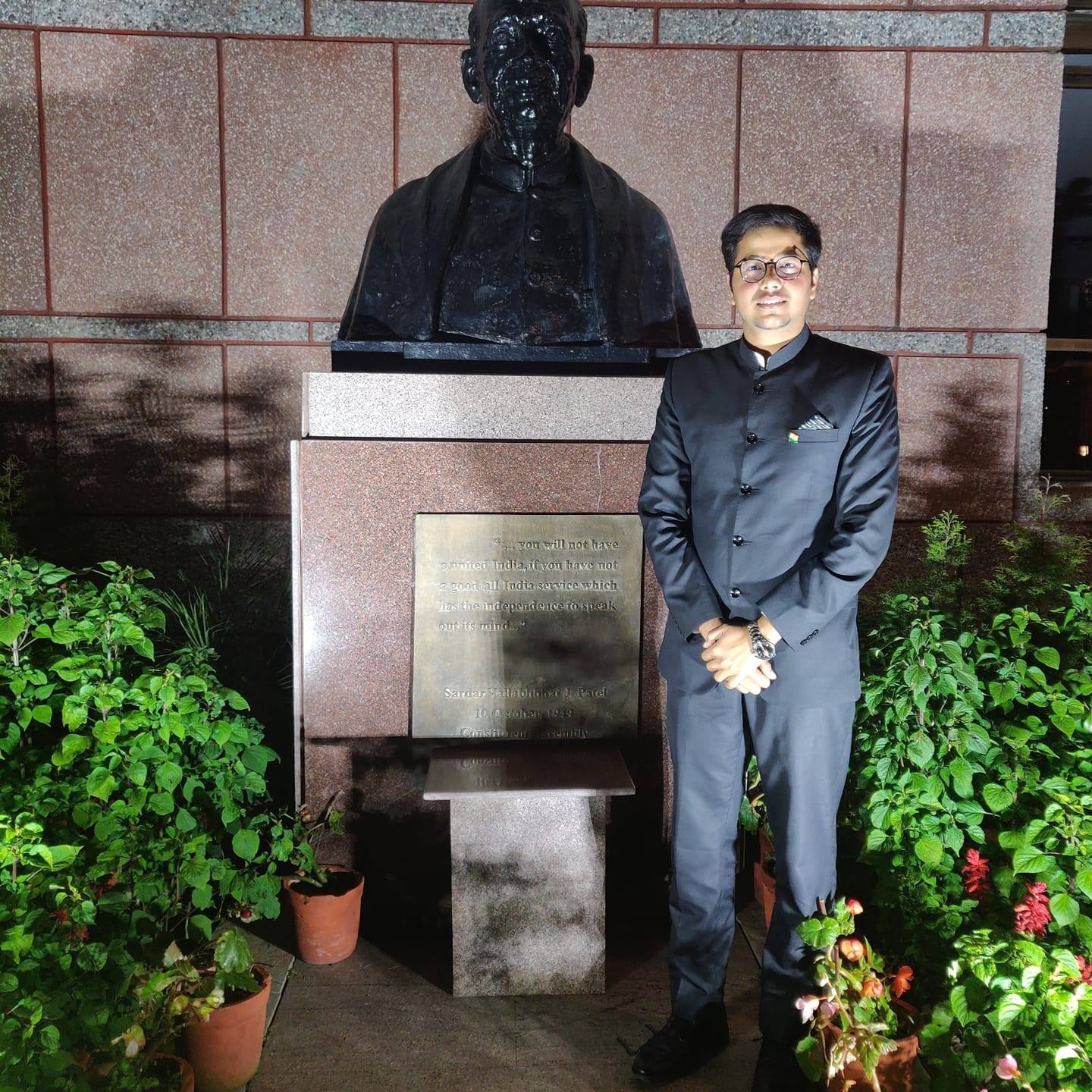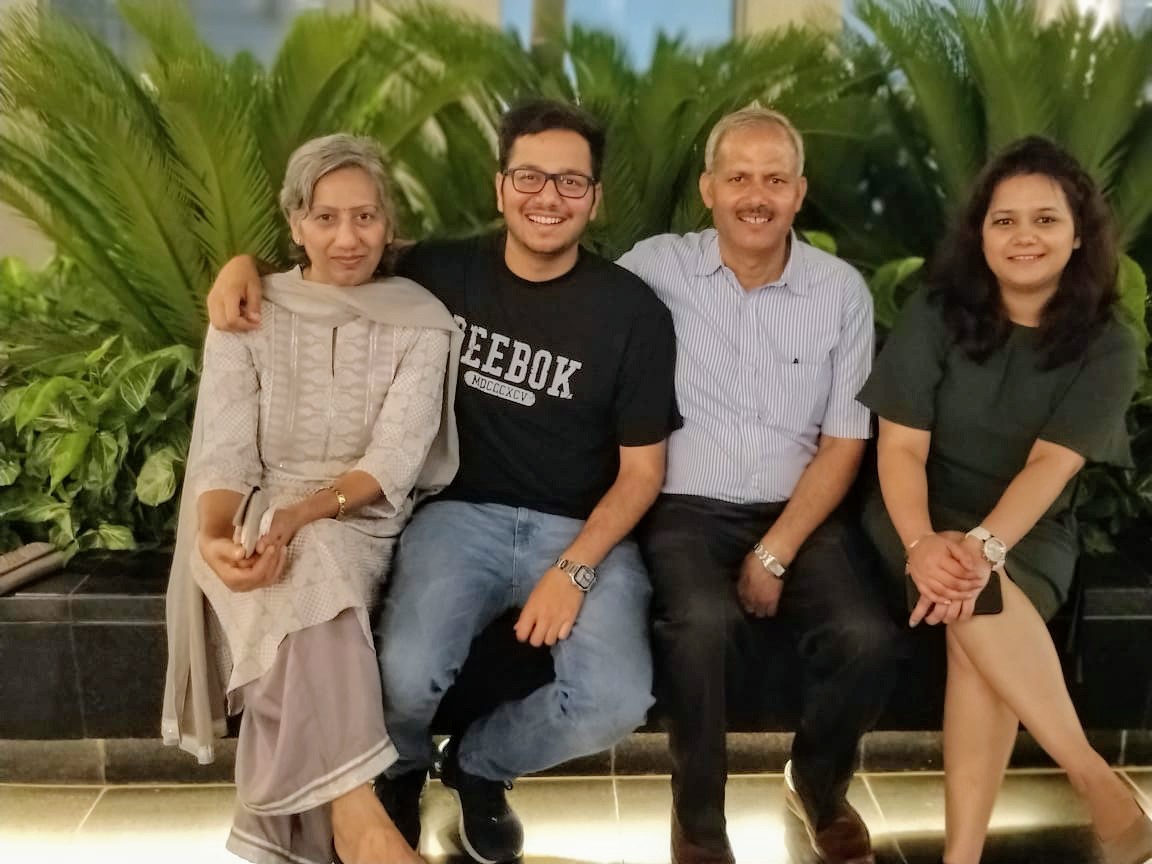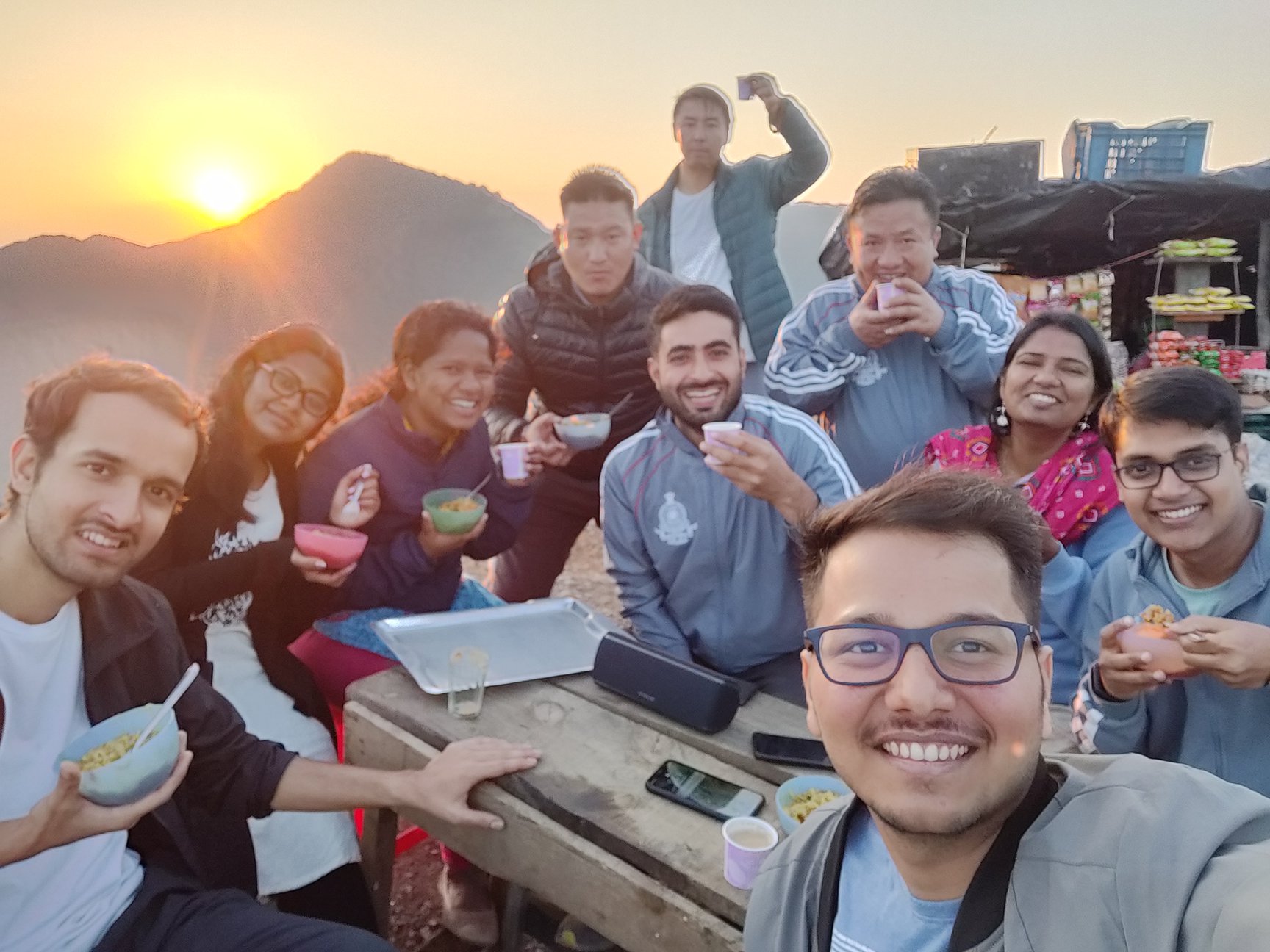Interview to Essay Paper in Mains, IAS Officer Shares Strategy to Ace UPSC Exam
“What kept me going with each attempt was the incremental success which I got with each exam I attempted. With that conviction I kept preparing,” he says.

With over 10 lakh applicants each year, and only 1,000 selections – the UPSC exams can seem like an insurmountable hurdle. But it can be crossed!
In ‘UPSC Simplified,’ The Better India catches up with toppers to uncover the dos and don’ts for India’s toughest exam. Follow the series for all the tips you need!
Saurabh Jassal clinched the 404th rank in the Civil Service Examination 2017. This was his third attempt.
When you are busy making notes and preparing for these exams, why not use eco-friendly, hand-made diaries? Check them out here.
In this exclusive interview with The Better India, he speaks about how he managed time while preparing, tips to keep in mind while writing the essay, and things to remember while appearing for the interview.
“I do hope me talking to you helps aspirants,” he begins. When asked how he decided that he would appear for the CSE, he mentions that a question in an interview was the beginning of this journey.

“I was asked where I see myself five years from then, and I didn’t have an answer. It did, however, get me thinking about appearing for the CSE. The kind of impact that being in the services can lead to was also a deciding factor.”
Saurabh attempted the exam thrice and mentions that initially, he did not give up his corporate career and spent time preparing simultaneously.
“While I wanted to clear the exam I wasn’t sure of how tough it would be,” he says.
The first attempt was almost as though he was testing the waters, and having missed clearing the prelims by only a few marks; he felt confident to try again.
“What kept me going with each attempt was the incremental success which I got with each exam I attempted. With that conviction I kept preparing,” he says.

Time management while working
Saurabh begins by saying that there cannot be a straightforward answer to this, as aspirants work in various environments, and goes on to share what worked for him.
1. Reduce your commuting time
This is one factor that is within your control and is a great way to save time. For example, he says that the distance between his home and workplace was about 8 kilometres, and that helped a great deal. Try and relocate to as near as your workplace as possible, and if you can walk to your place of work, that is even better.
2. Staying with parents/family helps
When you live with your parents/family, many of the chores that you would otherwise have to spend time on are automatically taken care of.
Saurabh says, “For example, cooking food and doing laundry, were two things that could have taken up a lot of my time, had I lived alone. Since I lived at home, with my parents, I did not have to worry about them and spent that time studying instead.”
3. Calculate time on-hand
Be very strategic about the time you have on hand, without ever compromising on your sleep, says Saurabh. You must rest for at least 7 to 8 hours each night. Ensure that you do not bring home any work. Saurabh goes on to say that any free time he got was spent in preparing.
For example, during office lunch hours, he would finish his lunch and go through online resource material. “My target was to ensure that by the time my day at the office was done, I should have read through the newspaper thoroughly.”
Keep giving yourself small tasks that you must finish each day.
4. The importance of power-naps
Saurabh speaks of how he optimised each hour.
“I would ensure that on my way back from work, I slept during the commute rather than spend that time on social media, or watching videos online. Small steps that you take add up ultimately and give you a lot more time on hand.”
His breakfast would also happen on the way to work. “I found that by doing these things I managed to ‘steal’ almost 3 to 4 hours each day for myself,” he says.
5. Make informed compromises
With the lure of going out and spending time with friends being so high, Saurabh says that one must make certain informed compromises in life.
“There were so many times when I would politely decline attending a family function or even a night out with friends, only so that I could spend that time preparing,” he says.
Give these things up for you can always enjoy it once you achieve your goal and clear the examination.
Attention to detail

One essential thing that Saurabh says is to spend adequate time studying the syllabus. Elaborating on this point, he says, “Ensure that you go through the syllabus of each paper in the mains. For example, you will come across keywords such as nanotechnology, biotechnology, disaster management, among others. Make sure you have at least two-three pages of notes for each of these keywords and write them yourself.”
Along with this also make sure that you go through the question papers of the previous years as that will give you a fair idea of what you can expect. Spend enough and more time going through the syllabus says Saurabh.
How to get your essay right
“Attempting the essay is different from the rest of the paper. Along with the content of your essay your writing skills, the flow of ideas and how you weave it all together are all skills that they are looking to check,” he says.
He adds that very often aspirants start concentrating on essay writing rather late, in his opinion, one should attempt an essay a week beginning at the time one starts preparations itself.
“In doing this by the end of the year you will have almost 50 plus essays ready. Then all you have to do is go through these before you attempt the paper,” says Saurabh. He also suggests looking at essays written by past year toppers as that will help you structure your essay better.
Here’s what Saurabh suggests you try before attempting the essay:
1) As you have to attempt two essays, you have 1.5 hours for each.
2) Spend almost 20 minutes structuring your essay. Even if you think you have it down to the ‘t’, spend a few more minutes going through it.
3) Once done, you will be able to comfortably write about 1000 words in an hour.
4) Do not make your essay ‘thrilling’; this is not a test of how you can weave stories.
5) Do not try and be very experimentative in your writing.
Acing your interview
“Remember that once you have reached the interview stage, it is not your knowledge but your aptitude and attitude that is being challenged and tested,” begins Saurabh. The interview stage is also highly subjective, so no matter what question is asked, one must be reasonably prepared to face it all.
A few things to remember:
- Be a master of your Detailed Application Form (DAF) –leave no stone unturned in ensuring that you put down only things that you can speak about with confidence at the interview stage.
- Brush up on everything happening around you before the interview stage.
- There might be questions to test your level of reaction – remember to never lose your temper or control over your thoughts while answering.
- Saying you do not know something is an absolutely reasonable thing to do.
- Limit mock interviews to four or five; do not go overboard with it.
With these pointers from Saurabh, we wish you all the best for the examination!
Also Read: How to Choose The Right Optional Subject For UPSC Civil Services Exam
(Edited by Gayatri Mishra)
Like this story? Or have something to share?
Write to us: [email protected]
Connect with us on Facebook and Twitter.
If you found our stories insightful, informative, or even just enjoyable, we invite you to consider making a voluntary payment to support the work we do at The Better India. Your contribution helps us continue producing quality content that educates, inspires, and drives positive change.
Choose one of the payment options below for your contribution-
By paying for the stories you value, you directly contribute to sustaining our efforts focused on making a difference in the world. Together, let's ensure that impactful stories continue to be told and shared, enriching lives and communities alike.
Thank you for your support. Here are some frequently asked questions you might find helpful to know why you are contributing?













